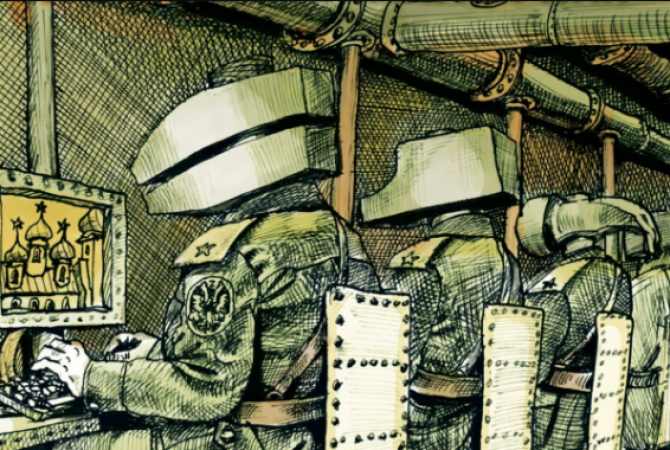
USA: The Information War, also known as the "cyber war" or "cyber conflict," is distinct from traditional warfare in several key ways:
1. Nature of Conflict: Traditional warfare typically involves physical confrontations between armed forces or geopolitical entities, aiming to achieve strategic objectives through the use of force. In contrast, the Information War is primarily fought in the digital realm, targeting information systems, networks, and the dissemination of information itself.
2. Objectives: The objectives in traditional warfare often revolve around territorial gains, resource control, or political influence. In the Information War, the primary objective is to gain advantage by manipulating information, spreading propaganda, disrupting communications, or conducting espionage. It focuses on influencing public opinion, destabilizing societies, or gaining a strategic advantage through information control.
Also Read: NASA creates the fastest laser communications link between space and the ground
3. Tactics and Techniques: In traditional warfare, tactics involve physical movements of troops, weaponry, and logistics. In the Information War, tactics typically involve hacking, cyber attacks, misinformation campaigns, social engineering, and psychological operations. It relies heavily on technological expertise, exploiting vulnerabilities in computer systems, and leveraging the interconnectedness of the digital world.
4. Attribution and Deniability: Traditional warfare often involves identifiable combatants in uniform, representing specific nations or factions. In the Information War, it can be challenging to attribute attacks or operations to a particular source with absolute certainty.
Also Read: Netflix plans to cut USD 300 mn in spending this year
Perpetrators can hide behind proxies, use sophisticated techniques to obfuscate their identities, or employ "false flag" operations to mislead investigators. This ambiguity makes it difficult to respond with conventional military force.
5. Scope and Reach: Traditional warfare is typically confined to physical borders or specific regions, with battles fought on land, sea, or air. In contrast, the Information War knows no geographical boundaries.
It can be conducted remotely, targeting systems or individuals across the globe, transcending national borders. This global reach allows state and non-state actors to influence foreign populations or conduct covert operations without the need for physical presence.
6. Impact and Consequences: While traditional warfare can cause significant physical destruction, casualties, and displacement, the Information War primarily seeks to influence behavior, manipulate perceptions, and undermine trust.
Its consequences can be far-reaching, affecting political systems, social cohesion, economic stability, and public trust in institutions. The long-term effects of disinformation, cyber attacks, or information manipulation can be pervasive and challenging to address.
Also Read: How does the smartphone radiation effect the Human Body?
It's important to note that the lines between traditional warfare and the Information War can sometimes blur, as hybrid warfare strategies combine elements of both. For example, cyber attacks can be used to disable critical infrastructure during a conventional military operation. The evolving nature of warfare highlights the need for robust cybersecurity measures, international cooperation, and updated frameworks for addressing these new challenges.